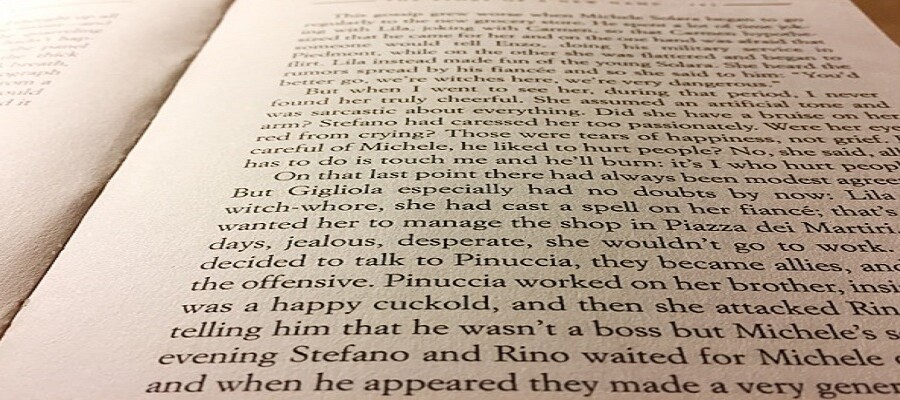We Are Worldless Without One Another: An Interview with Judith Butler
In this interview with Judith Butler, we consider her work in light of the recent events at Standing Rock and the 2016 presidential election.
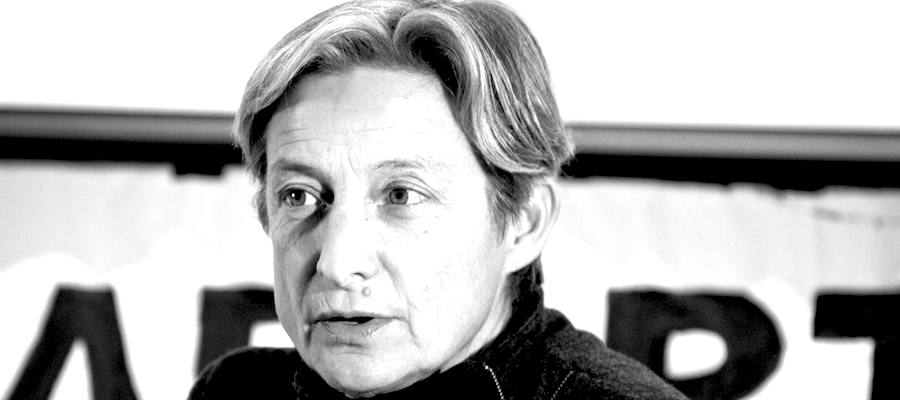
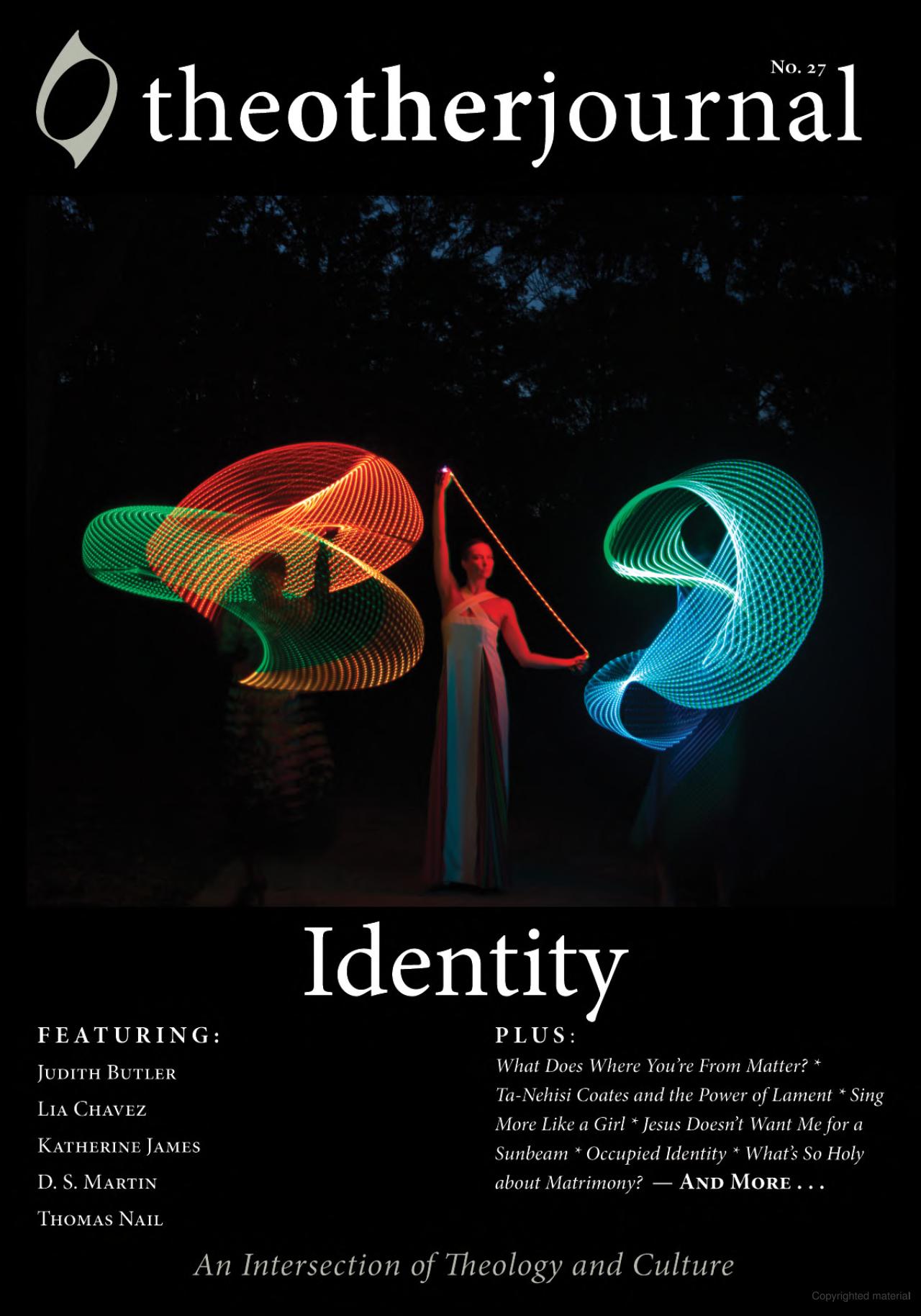
“We the people . . .” So begins the familiar first line to the Preamble of the United States Constitution. But even in its initial context, in a document intended to be a manifesto of hope and freedom, the matter of who exactly was to be included in this “we” was unclear and contested. First-person pronouns (i.e., I and we) roll off the tongue–or onto parchment paper–with ease, but their common use often belies an underlying complexity. Who am I? Who are we? Who does my theology say that I am?
Identity is at the same time essential to life and yet also deeply contested, problematic, and enigmatic. The world may be becoming more one and, yet, it seems also to be becoming more different, fragmented, agonistic, and isolated. In this issue of The Other Journal, we will explore the valences of identity, both individual and communal, personal and public. We will take up the theme of identity in multiple ways, examining its interconnections with sexuality, pluralism and authenticity, the dissolution and reconstitution of borders, racial divisions, and, yes, even the 2016 presidential campaign.
In this interview with Judith Butler, we consider her work in light of the recent events at Standing Rock and the 2016 presidential election.

Julie M. Hamilton views the embodied art of Lia Chavez in the light of ancient spiritual practices.
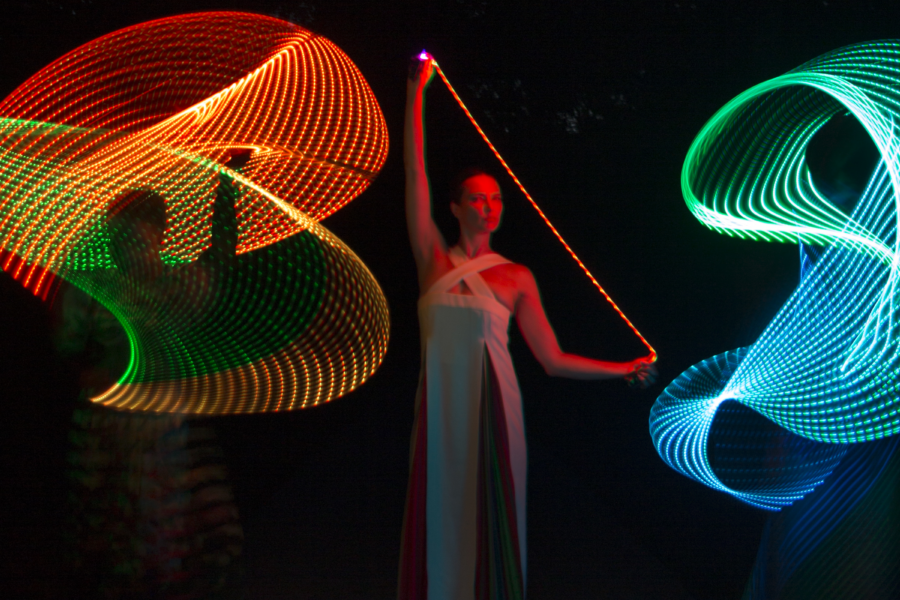
Angela Parker rethinks the idea of “angry black women” through her reading of the biblical character Herodias.
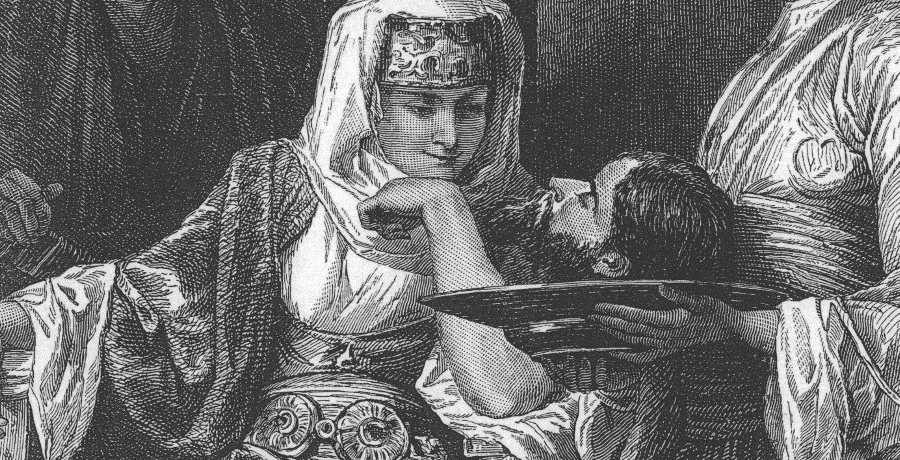
Jason Byassee finds religion reemerging in Vancouver, British Columbia.
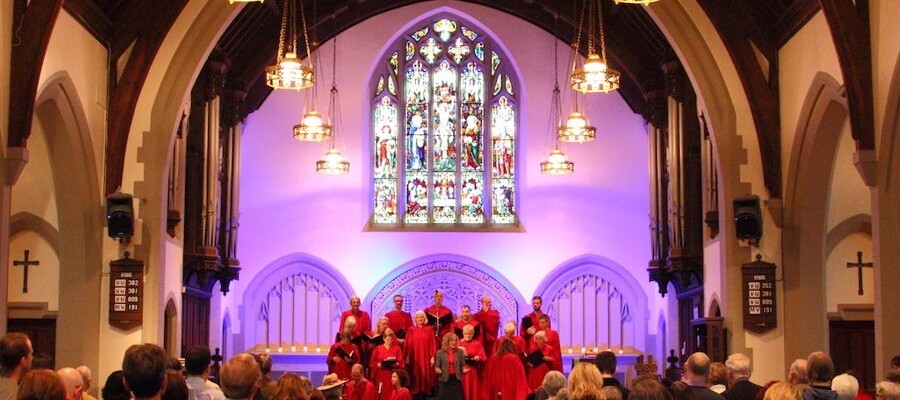
Willow Mindich explores how memory affects our understanding of truth and the self.
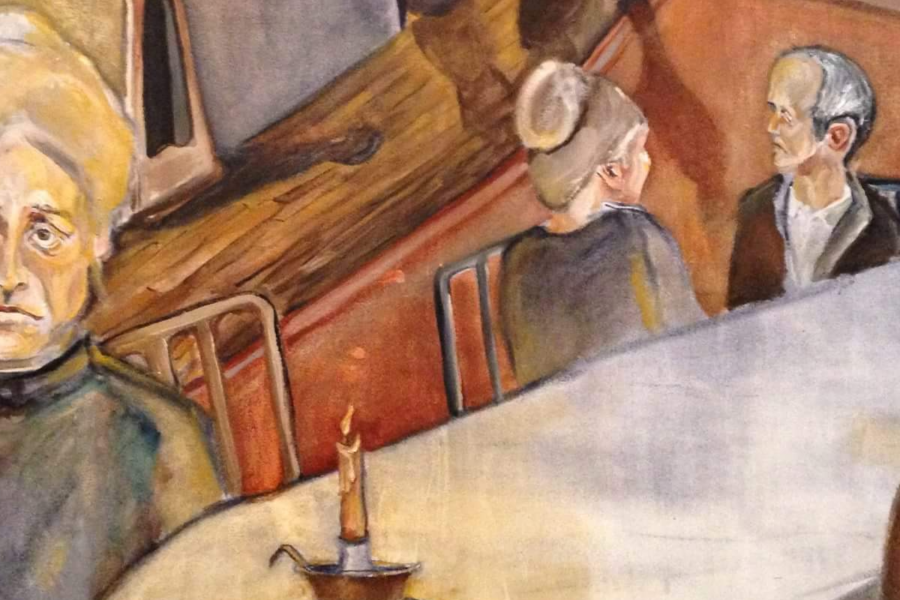
In this poem by T. M. Lawson, a woman visits her mother in the hospital to say goodbye.
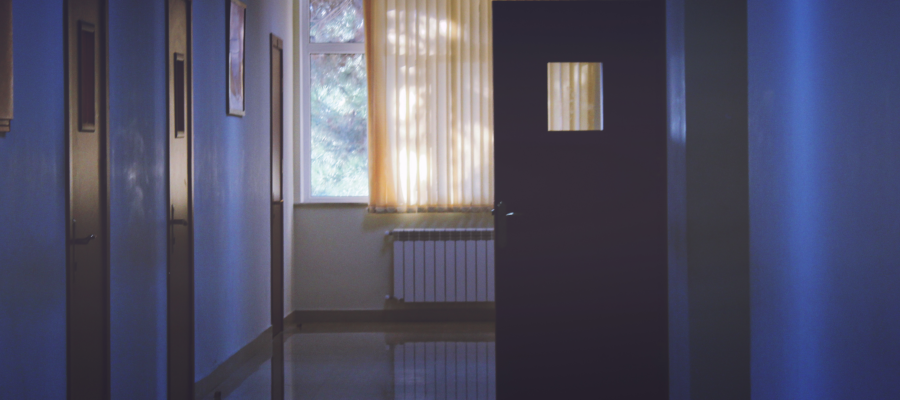
Peter Herman’s depression helps him nurture empathy and compassion with those who suffer most under a racist regime.
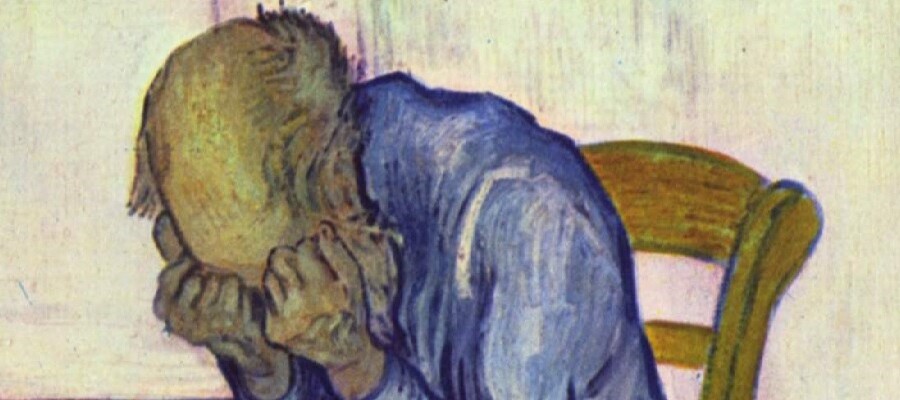
Kimberly Humphrey ponders her husband’s name change and the difference marriage makes for discipleship.
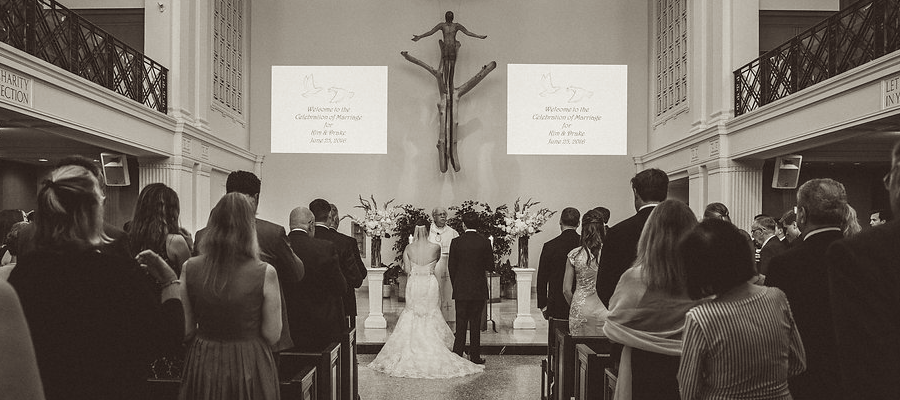
Katherine James contemplates the fleetingness of beauty as she faces cancer and aging.

Erin Steinke looks for “a hieroglyph in dust and root” while hunting the storm.
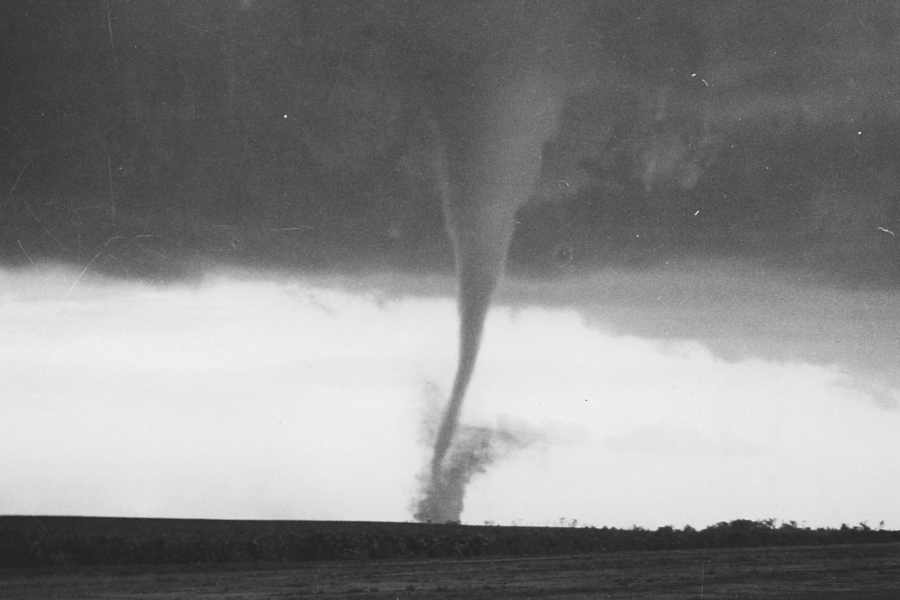
Zen Hess wants Christians to resist individualism and transience with a rooted theology of place.
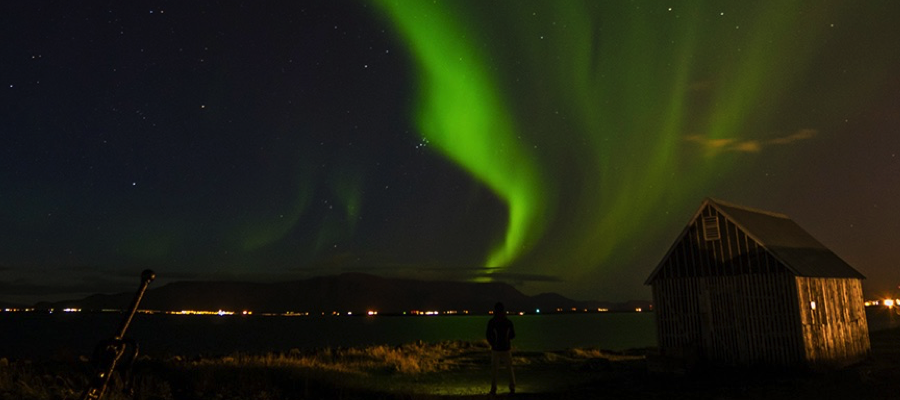
Caitlin Causey accepts the curious comfort of a chain store as she seeks a place to call home.

Tomi Oredein offers her take on some of the beautiful ways we are human.
Carl Raschke discusses how critical theory might inform theology in an age of neoliberalism, political upheaval, nationalism, and the precariat class.
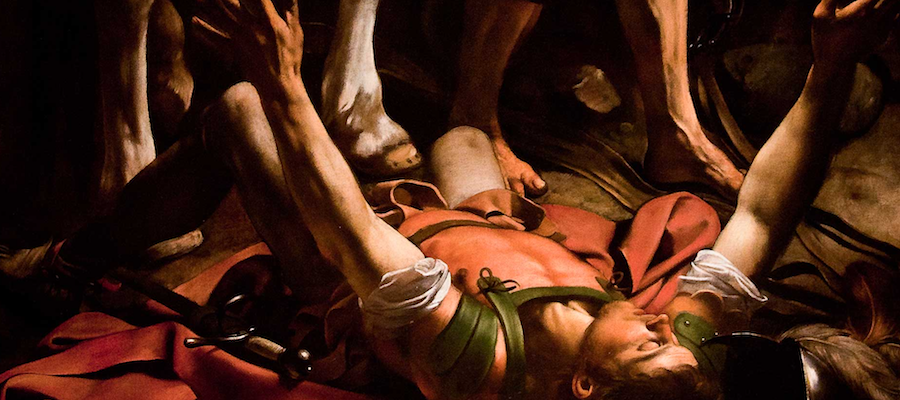
In this poem, D. S. Martin finds that a word is worth a thousand pictures.

Russell Johnson examines what it means to be “of one body” with Timothy McVeigh and the implications this has for self-consciously white theology.
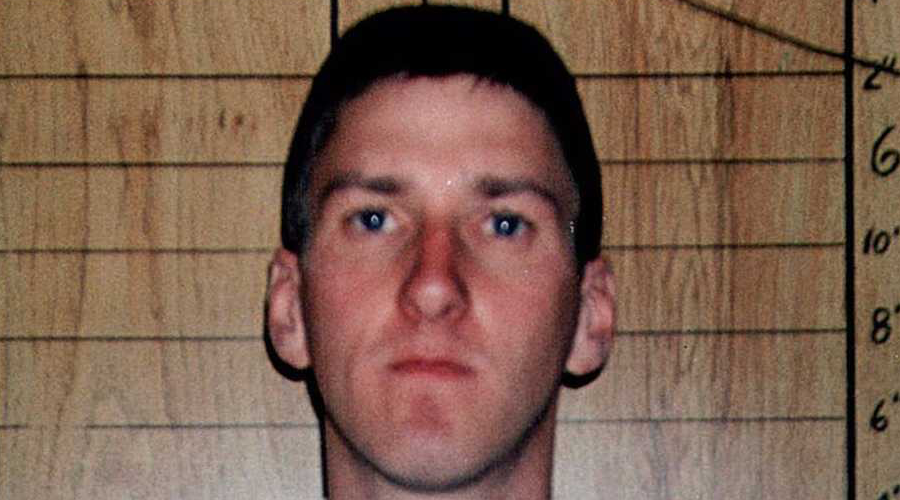
Erick Sierra reflects upon his journey across the diverse landscape of the Christian church in search for that place where God most fully dwells.
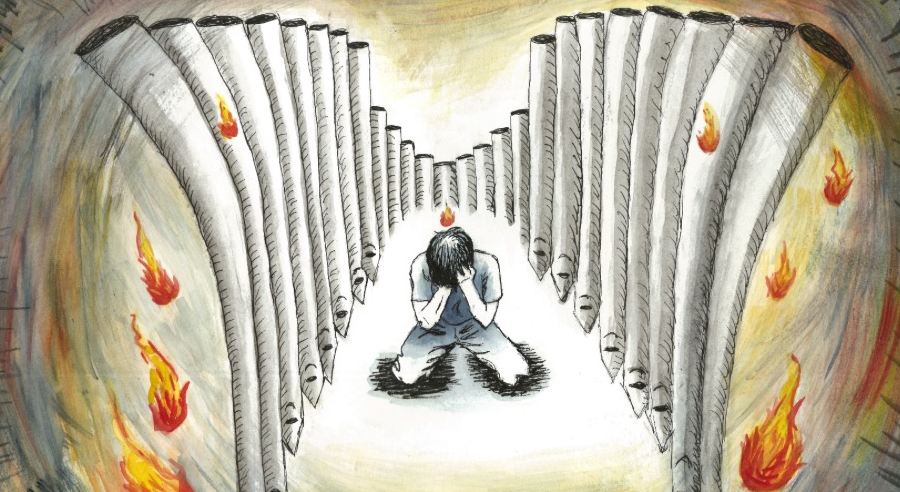
Lauren D. Sawyer addresses the appropriation of black Jesus through the work of James Cone and civil rights era fiction.
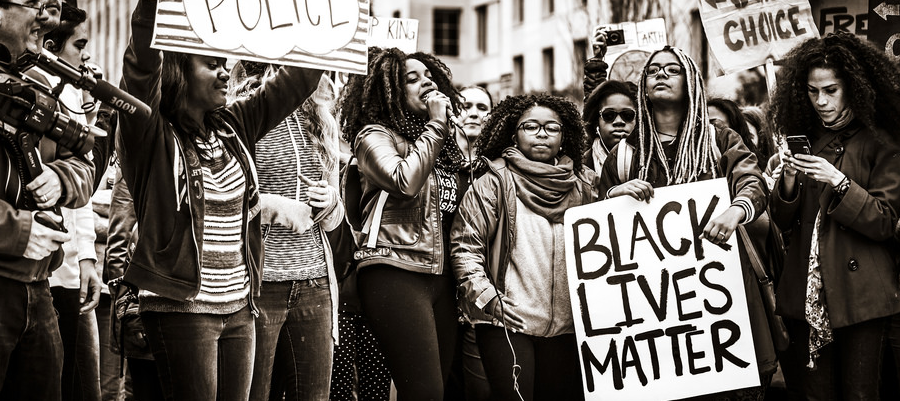
Musician Sus Long on how she learned to stop watching men’s mouths.

Zach Czaia examines Ta-Nehisi Coates’s Between the World and Me from the perspective of a Catholic high school English teacher.
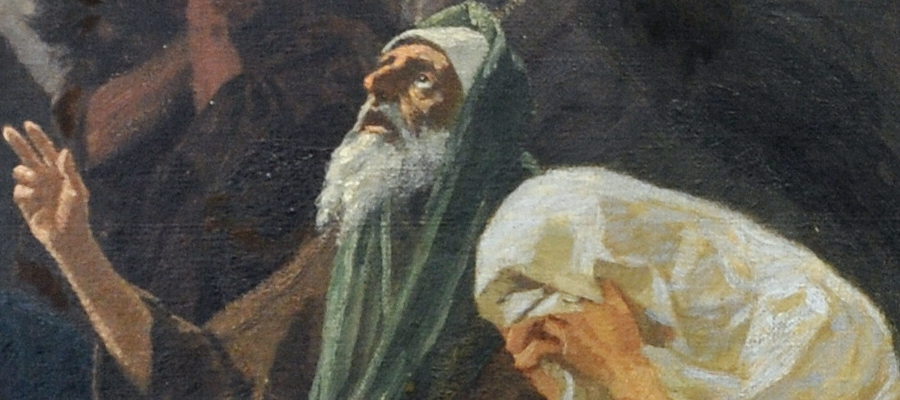
Mark Wyatt has been photographing unfamous people wherever he goes since 1980.

In this essay, Derek Brown asks what beauty does in the context of occupied Palestine.

This essay finds Howard Schaap pondering the liturgical significance of a well-crafted jump shot.

The Other Journal sits down with Thomas Nail to discuss his latest book, The Figure of the Migrant.
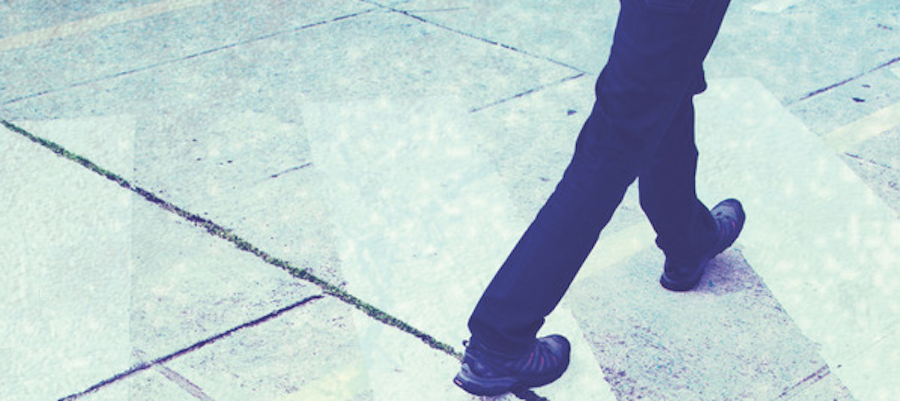
Janna Barber learns to accept the prickly bits and sweet scents of a mother/daughter relationship.
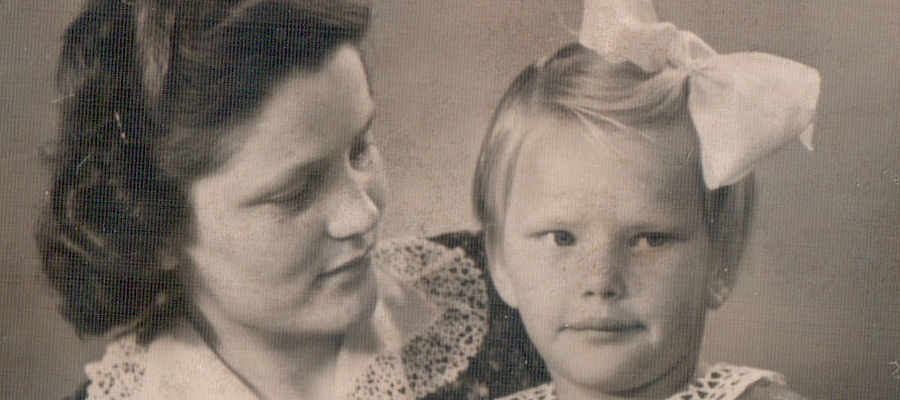
The arrival of Syrian refugees to a small city on the Canadian prairies is an occasion for Ryan Dueck to reflect upon who we really think we are.
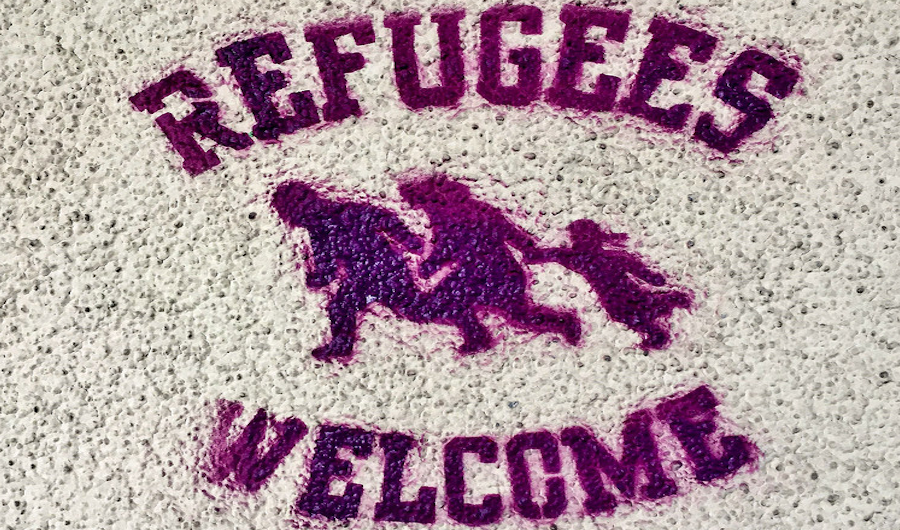
Lamento con Alas is a short film that honors the dead along the Texas-Mexico border as it challenges Americans who seek to build walls.
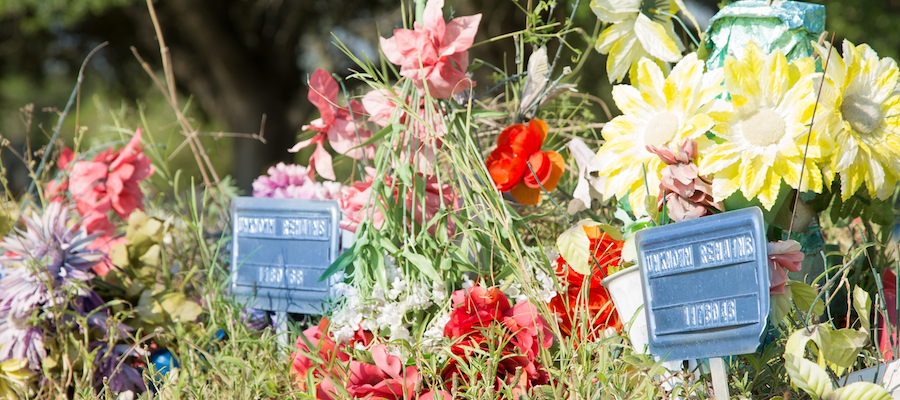
Alexandria Barbera reflects on the Republican politics that undergird evangelical faith and how this sets Trump up for success among conservative evangelicals.

In light of the 2016 presidential campaign, Justin Randall Phillips analyzes the ways in which American evangelicalism is the product and reflection of racial division.

In this interview with The Other Journal, Doug Frank discusses moving away from abusive theology toward a way of life that embraces love and suffering.
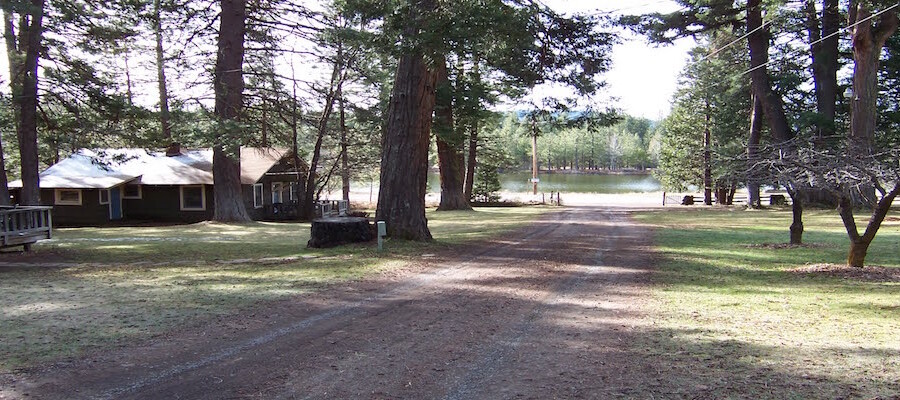
Taylor Ross considers how the recent unmasking of Elena Ferrante reveals a fundamental misunderstanding of language and literature.
